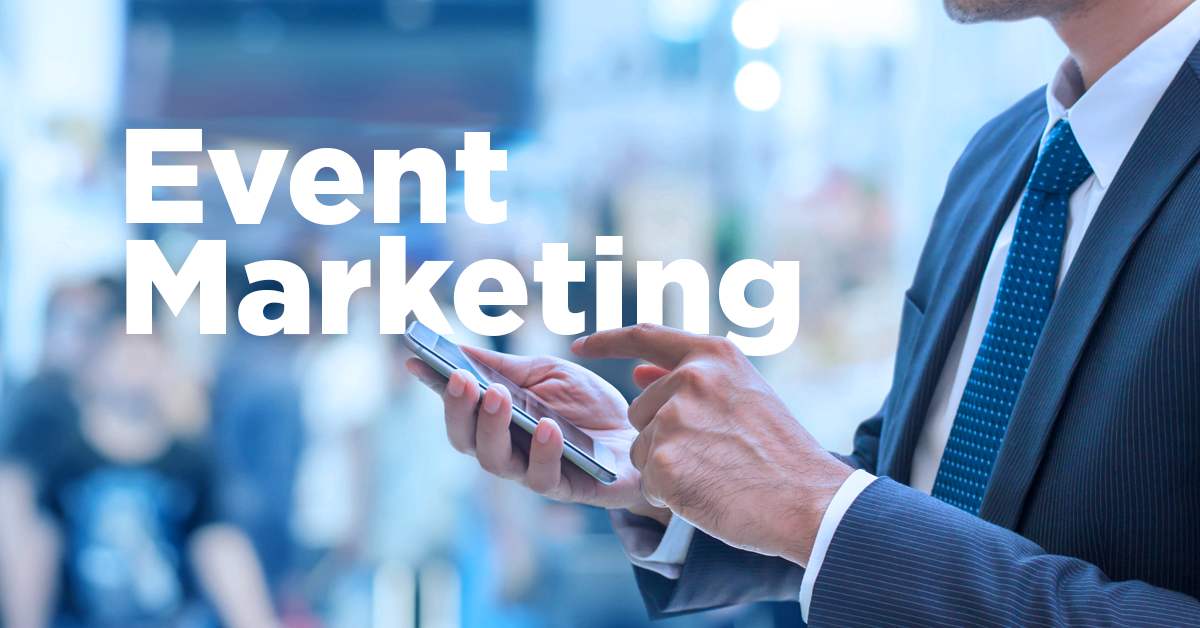Event marketing is a promotional strategy that involves creating and attending events such as conventions, fairs, festivals, tradeshows, and concerts with the goal of building brand awareness or boosting sales. When done correctly, event marketing can be an extremely effective way to reach your target market.
There are many benefits to following best practices in event marketing. For one, you will be able to reach your target market more effectively. Additionally, by following best practices you will be able to avoid many of the common mistakes that businesses make when running event marketing campaigns.
Not following best practices in event marketing can have dire consequences for your business. Without proper planning and execution, your event campaign could end up being a complete flop. This could result in wasted time and money as well as damage to your business’s reputation.
So, what are the best practices in event marketing? Let’s get down to understanding them, so your next event can be a big success.
Defining Event Marketing and its Best Practices
Event marketing is the strategic promotion of a brand or product through live events such as concerts, conferences, trade shows, and festivals. Event marketing can be an extremely effective way to build brand awareness and create a buzz around a product or service.
However, event marketing can also be a very costly and time-consuming undertaking. To be successful, event marketers need to have a clear understanding of their objectives and target audience, and they need to carefully plan and execute their event marketing strategy.
Here are some best practices for event marketing.
Define your objectives.
Before you even start planning your event, you need to have a clear understanding of your objectives. What do you want to achieve with your event? Do you want to generate leads, build brand awareness, or drive sales? Once you know your objectives, you can start planning your event accordingly.
Objectives are more than just goals, they’re a plan for action. After you’ve set your objectives, you can create a timeline for each objective, identify the resources needed to achieve each objective, and develop a budget for each objective.
Tip: For each objective, create a list of supplies that you will need to achieve that objective. This will not only help you stay on track, but it will also help you stay within your budget.
Use multiple channels.
What are channels? Channels are the methods you use to communicate and promote your event. Examples of channels include email, social media, print materials, radio, TV, and word-of-mouth. When marketing your event, it is important to use multiple channels in order to reach your target audience. This means using both traditional and digital marketing methods. By using a mix of channels, you can reach more people and have a greater chance of success.
Make sure to tailor your message for each channel and focus on the strengths of each. For example, if you want to reach a wider audience, consider using social media channels like Facebook and Twitter. For more targeted campaigns, consider using email or direct mail.
Know your audience.
It’s important to have a clear understanding of who your target audience is before you start planning your event. What are their needs and wants? What are their interests? By understanding your target audience, you’ll be able to create an event that resonates with them and delivers on your objectives.
Knowing your audience is simple marketing but can often be overlooked. Here are some additional techniques that may help you to better understand your target audience:
● Conduct market research
● Create buyer personas
● Monitor social media
● Analyze website visitor data
If you’re not sure how to do these things, hiring a professional team of experiential marketing specialists can help. Des Moines event planning agencies are experienced in the field and can help you find your target audience and develop a strategy that will reach them.
Plan and execute carefully.
Event marketing can be a costly and time-consuming endeavor, so it’s important to plan and execute carefully. Every detail matters, from the venue to the speakers to the food and drink. Make sure everything is in place before the event so that it runs smoothly and successfully meets your objectives.
Tip: This is where your marketing analytics can come in. Where is your event? A western town with a history of cowboys is likely to draw a different crowd than a tech-savvy city from the coast. Use analytics to determine the best location for your event and the best audience to target. You can also use analytics to track the success of your event and identify areas for improvement.
Be creative.
When it comes to event marketing, being creative is key. This means coming up with unique and attention-grabbing ways to market your event. If you can stand out from the crowd, you are more likely to get people interested in attending your event.
The best way to market your event is through entertainment. People are more likely to attend an event if it offers something unique and exciting. Think about what kind of entertainment you can offer that will draw people in. This could be anything from live music to interactive games, parties, or contests.
Be sure to create a buzz about your event on social media. Post regular updates about the event and use images and videos to help grab people’s attention. You can also use influencers and other social media accounts to help promote your event. Local radio stations, newspapers, and online publications can also be great outlets for getting the word out, as well as flyers and posters.
Finally, make sure that you are offering something special or unique to people that attend your event. This could be giveaways, discounts, or a unique experience. Offer people something that they won’t want to miss out on, and you will have a successful event.
Do offer incentives.
One of the best ways to get people to attend your event is to offer them something in return. This could be a discount on tickets, freebies, or exclusive access to certain parts of the event. Whatever you choose, make sure it is something that will appeal to your target audience and entice them to come to your event.
Measure your success.
After your event is over, take some time to measure its success. How many people attended? How many leads were generated? What was the overall feedback? By evaluating the success of your event, you can learn what worked well and what could be improved for future events. This data can also help you develop more effective strategies for future events.
Having a team of professional event marketers in your corner can give you a sharp advantage, as they already have done the A/B testing, the audience research and the other processes you may need. They can provide insights and strategies that will help you make the most of your event. When you hire an event marketing agency, make sure to ask them about their experience and success rate.
The Consequences of Not Following Best Practices in Event Marketing
When it comes to event marketing, there are certain best practices that should always be followed to ensure a successful outcome. Unfortunately, not all event marketers are aware of these best practices or choose to ignore them altogether. As a result, they often end up with less than stellar results.
If you don’t follow best practices in event marketing, you’ll likely face a number of consequences, including:
Poor Attendance: Without effective marketing tactics, you won’t be able to reach the right people to get them to attend your event.
Poor Engagement: If people do attend your event but aren’t engaged, they won’t remember it or take action after it’s over.
Low Return on Investment: Without effective marketing, you’re unlikely to generate a return on your investment in the event.
Damage to Your Brand: Poorly managed events can damage your reputation and make people less likely to attend your events in the future.
Missed Opportunities: Not following best practices in event marketing could mean that you’re missing out on opportunities to grow your business.
Finally, you should always follow up with your attendees after the event has ended. This will help you stay top of mind and increase the likelihood of them attending future events that you may hold.
The Bottom Line
When it comes to event marketing, there are certain best practices that should always be followed to create a successful and memorable event. From start to finish, every detail should be carefully planned and executed to avoid any possible hiccups. So why take the risk of not following best practices? Do yourself a favor and make sure you follow all the necessary steps for a smooth and successful event.
If you’re planning a big event, hiring a professional event marketing agency can really “wow!” your guests and help you reach your goals. You’ll avoid the consequences of not following best practices and have the peace of mind knowing that you have experts taking care of the details, so you get a fantastic return on your investment and help spread your brand’s message far and wide. Best of all, you can sit back and enjoy the event with your guests! So don’t skimp on event marketing. Investing in it now will pay off in the long run.
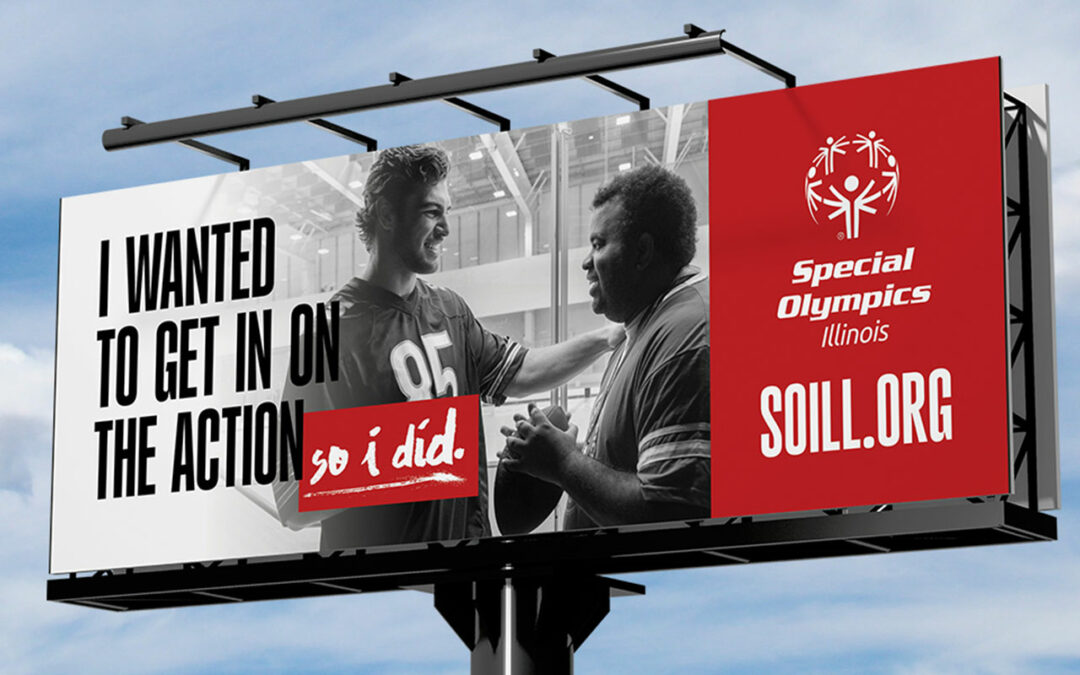

 The Meaning of MACLYN
The Meaning of MACLYN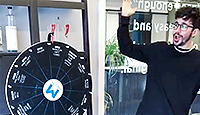 Our Team
Our Team






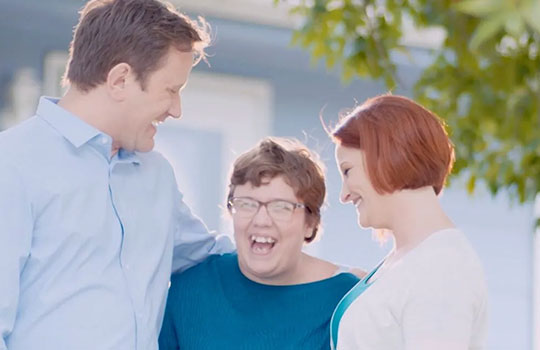



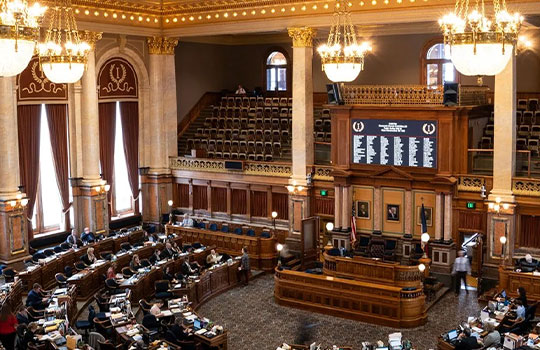




 Brand Development
Brand Development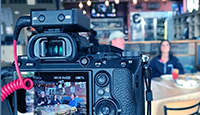 Content Creation
Content Creation Graphic Design
Graphic Design Photography
Photography Web Design + Development
Web Design + Development Outsourced B2B Marketing
Outsourced B2B Marketing Strategy
Strategy SEO
SEO Search Engine Marketing
Search Engine Marketing Social Media Management
Social Media Management Content Marketing
Content Marketing Influencer Marketing
Influencer Marketing Videography
Videography Post-Production
Post-Production Screenwriting
Screenwriting Animation
Animation Earned Media
Earned Media Community Relations
Community Relations Crisis Communication
Crisis Communication